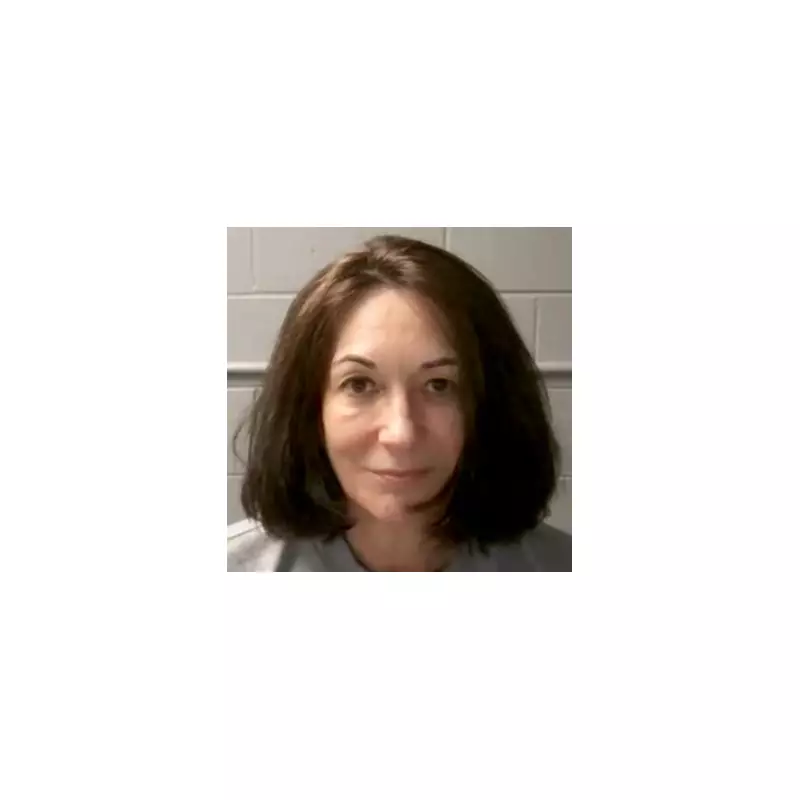
The family of Virginia Giuffre, a prominent victim of Jeffrey Epstein's abuse network, has voiced their profound outrage after discovering that Ghislaine Maxwell has successfully sold her Florida mansion while incarcerated.
Maxwell, currently serving a 20-year sentence for her role in recruiting and trafficking young girls for Epstein, sold the Palm Beach County property for £1.02 million ($1.3 million) in late December. The sale was conducted entirely without her physical presence, handled through a power of attorney arrangement.
"A Slap in the Face to Victims"
Giuffre's family members have described the transaction as "a slap in the face to all victims" and evidence that Maxwell continues to operate with impunity despite her conviction. The four-bedroom, three-bathroom property features a swimming pool and sits within an exclusive gated community.
"She's in prison but still managing her affairs like she's on holiday," a family representative stated. "This demonstrates the same privilege and disregard for justice that allowed these crimes to continue for decades."
Legal Complexities and Ongoing Battles
Legal experts note that while prisoners typically retain property rights, Maxwell's situation is complicated by numerous civil lawsuits from victims seeking compensation. The sale proceeds could potentially become subject to claims from those she helped Epstein abuse.
Giuffre, who was instrumental in bringing both Epstein and Maxwell to justice, previously settled her lawsuit against Prince Andrew. Her family continues to advocate for all victims to receive proper compensation and recognition of their suffering.
The transaction raises difficult questions about how convicted criminals can manage assets while incarcerated, particularly when those assets may be connected to their crimes or represent potential compensation for victims.





